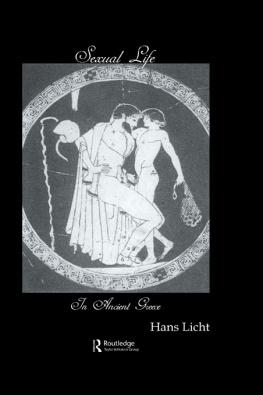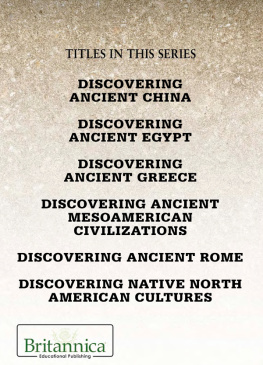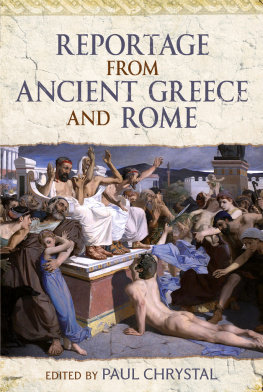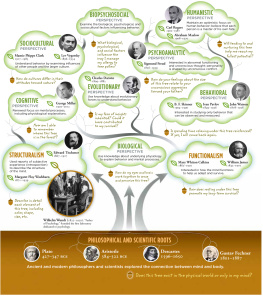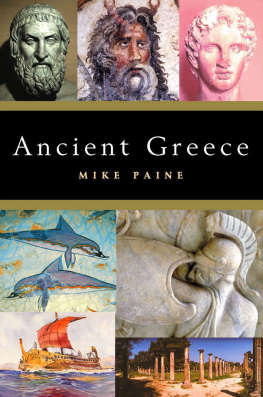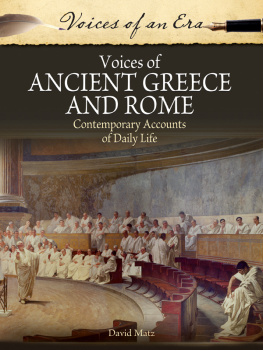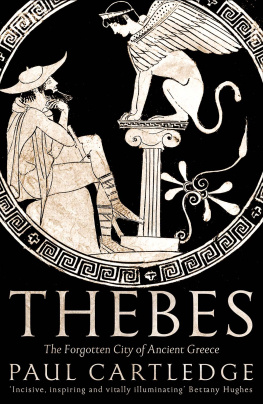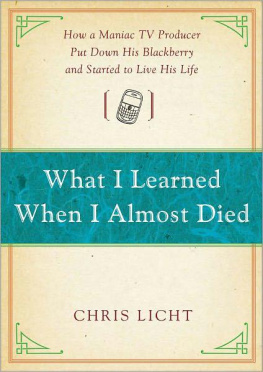Sexual Life in Ancient Greece
From Ancient Greece, modern Western civilisation has derived many of its artistic, philosophical and political ideals. But, in certain areas of sexual tolerance and inventiveness, we still have much to learn from the land and age which produced the most flourishing and creative culture of the ancient world. Professor Hans Licht, in this erudite and fascinating book, discusses in full every aspect of the Ancient Greeks sexual life. Through literary, historical and artistic evidence, he presents an accurate, detailed picture of the position of women in Greek life, the erotic element in Greek religion and literature, the institutions of prostitution and male homosexuality and the more arcane sexual deviations indulged in by the Greeks. Particularly intriguing is his discussion of the Hetairae, female prostitutes who offered intellectual as well as sensual stimulation to their clients.
PROFESSOR HANS LICHT taught at Leipzig University, Germany, between the two World Wars.
Hans Licht
Sexual Life in Ancient Greece
translated by J. H. Freese
edited by Lawrence H. Dawson
First published in 2000 by
Kegan Paul International Limited
This edition first published in 2009 by
Routledge
2 Park Square, Milton Park, Abingdon, Oxon, OX14 4RN
Simultaneously published in the USA and Canada
by Routledge
270 Madison Avenue, New York, NY 10016
Routledge is an imprint of the Taylor & Francis Group, an informa business
Kegan Paul International, 2000
Printed and bound in Great Britain
All rights reserved. No part of this book may be reprinted or reproduced or utilised in any form or by any electronic, mechanical, or other means, now known or hereafter invented, including photocopying and recording, or in any information storage or retrieval system, without permission in writing from the publishers.
British Library Cataloguing in Publication Data
A catalogue record for this book is available from the British Library
ISBN 10: 0-7103-0702-0 (hbk)
ISBN 13: 978-0-7103-0702-6 (hbk)
Publishers Note
The publisher has gone to great lengths to ensure the quality of this reprint but points out that some imperfections in the original copies may be apparent. The publisher has made every effort to contact original copyright holders and would welcome correspondence from those they have been unable to trace.
Contents
Editorial Note
Were it not for the fact that both the author and the translator of Sexual Life in Ancient Greece had, unfortunately, passed away before the English translation was finally ready for the press, neither editorial work by another hand nor this Editorial Note would have been necessary; in the circumstances it is felt to be no more than just to the memory and reputation of these two distinguished scholars to make it clear that neither had the opportunity of piloting the completed work through the press. Mr. Freese, the translator for the Loeb Library, the Broadway Translations, etc., of many Greek and Latin originals, as well as the translator of many classical and philosophical works from the German, died in October 1930, soon after having finished the present translation; Professor Licht, of Leipzig University, had predeceased him.
The work of the Editor has consisted of compiling the index, and making such minor corrections (mostly of a typographical nature) as Mr. Freese would have made himself had he been spared. The Editor has, of course, in no way altered the text; and, especially for those who know Mr. Freeses work, it is almost unnecessary to assure readers that careful collation of the English with the German text shows that Mr. Freese has once again succeeded in faithfully reproducing the atmosphere as well as the essence of his original, which met with a remarkable reception on its first appearance.
All the footnotes, except when otherwise stated, are Professor Lichts, but the index is original to this edition. Professor Licht, as will at once be obvious even to the general reader, had studied the authorities profoundly; and in the whole range of classical literature few indeed can be the authors to whom he did not turn in the hope of finding some illuminating dissertation or passage that will cast light on it and help him to show in its true perspective the share taken by sex in shaping the destinies of the Greeks through its reactions on their social, military, and religious life, and by means of what, to modern man, is the astonishing publicity accorded it and its problems on the stage, in literature, and in art. He threw his net wide, and he has quoted largely; all his quotations are clearly labelled, so that anyone may check them and acquaint himself with their context; and all are indexed, so that the student will be able to see almost at a glance which are the authors and which the works that provide much, little, or no material for the study of the subject.
It is a great pleasure to express our acknowledgments and thanks to the editors and publisher of the Loeb Classical Library for the free and generous use they have allowed us to make of their many volumes of texts and translations; some of the longer extracts of which we have availed ourselves such, for instance, as Mr. J. M. Edmonds beautiful translation of the XVIIIth Idyll of Theocritus we have directly acknowledged, but we are further indebted to this series for many of the short translations from the Anthology and other sources. We would also thank Mr. Haines for his kind permission to use his translations of To Anactoria, the Hymn to Aphrodite, and other passages, from his Sappho: Her Poems and Fragments (the Broadway Translations, Messrs. Geo. Routledge & Sons, Ltd.).
LAWRENCE H. DAWSON
Abbreviations
Anth. Pal.: Anthologia Palatina (see p. 235 ff.).
Ath.: Athenaei Naucratitae deipnosophistarum libri xv, ed. G. Kaibel, 3 vols. (Leipzig, B. G. Teubner, 188790) (see p. 257).
Brandt-Amores: Commentary on Ovids Amores.
Brandt-Ars: Commentary on Ovids Ars Amatoria.
CAF: Comicorum Atticorum Fragmenta, ed. T. Kock, 3 vols. (Leipzig, B. G. Teubner, 18808.)
CIA: Corpus Inscriptionum Atticarum, 4 vols., with Supplements (Berlin, 187390).
CIGr.: Corpus Inscriptionum Graecarum, 5 vols. (Berlin, 182877), vols. i and ii, ed. by Aug. Boeckh, vol. iii by Joh. Franz, vol. iv by Ernst Curtius and Adolf Kirchoff, vol. v (Indices) by Hermann Roehl.
CIL: Corpus Inscriptionum Latinarum, 15 vols., with Supplements (Berlin, 18621905); edited by Mommsen, Hbner, O. Hirschfield, Karl Zangemeister, W. Henzer, and others.
FHG: Fragmenta Historicorum Graecorum, ed. C. and T. Mller, 5 vols. (Paris, Didot, 184183.).
PLG: Poetae Lyrici Graeci, ed. Th. Bergk, vols. ii and iii. (4th ed. Leipzig, B. G. Teubner, 1882.)
TGF: Tragicorum Graecorum Fragmenta, ed. A. Nauck. (2nd ed. Leipzig, B. G. Teubner, 1889.)
Part One
Introduction
Greek Ideals of Life
ALTHOUGH youth was regarded by the Greeks as the most precious possession, and its joys, amongst them love in particular, as the greatest happiness, yet other ideals must not be left unnoticed.
In Homer, Nestor calls after Athene as she disappears in the clear sky: But, O Queen, be propitious and grant me fair renown, to me myself and to my children, and to my revered wife (


